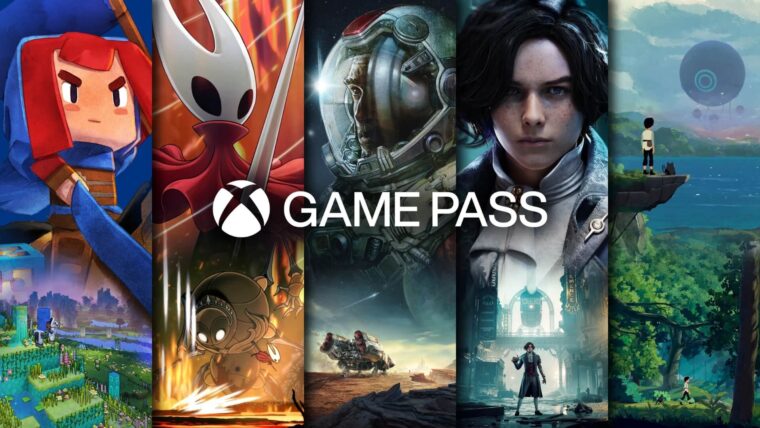Bloomberg’s in-depth report took a close look at the impact of Microsoft’s Game Pass subscription service. While the service has received mixed reactions from developers, one eye-opening detail shows just how much Microsoft has invested in it: the company spends $1 billion every year to bring third-party games to the platform.
Written by Dina Bass and Cecilia D’Anastasio, the report covers a range of topics, from Microsoft’s clash with the CMA to the possibility of a handheld Xbox device. Game Pass, which started with a small library and low price, has grown into a massive undertaking that requires substantial financial backing from Microsoft.
Sarah Bond, a key leader at Xbox, discussed how the company shifted its approach, moving from relying on big game launches to focusing on long-term value. Instead of banking on one huge release, they’re now creating something that will generate value over time.
To attract smaller publishers, Microsoft offers substantial upfront payments, as well as a share of subscription revenue and increased exposure. This approach has helped Game Pass become a key player in the gaming industry.
Despite recent price hikes due to inflation, Game Pass continues to be a strong subscription service. In fact, next month it will add Call of Duty: Black Ops 6, further boosting its appeal. With games from Ubisoft Connect and EA Play already part of the offering, Game Pass is consistently becoming more attractive to gamers worldwide. Sarah Bond and her team at Xbox have strong faith in Game Pass, and with Microsoft’s gradual shift away from traditional console gaming, it’s clear that a fully connected Game Pass experience will soon be their primary focus.

